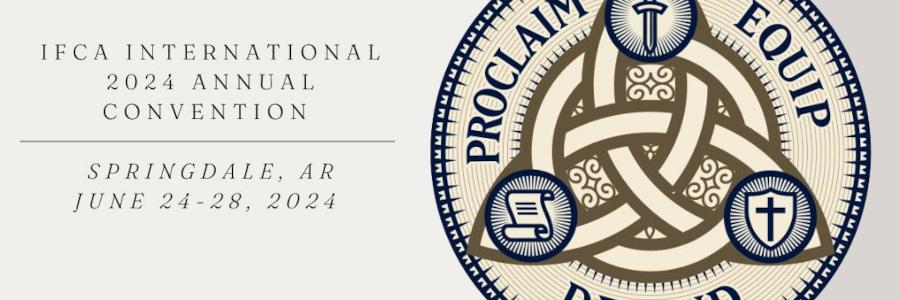Connecting the Gospel to the Capitol
Although I have lived most of my life in the state of Wisconsin—and have lived less than 30 miles from the Wisconsin State Capitol for nearly 25 years—I had never visited Madison’s most iconic building.
That changed on Feb. 4, when, as an individual member of IFCA International, I participated in an event sponsored by the Wisconsin Family Council’s Church Ambassador Network. It was the IFCA Pastors’ Day at the Capitol.







Discussion